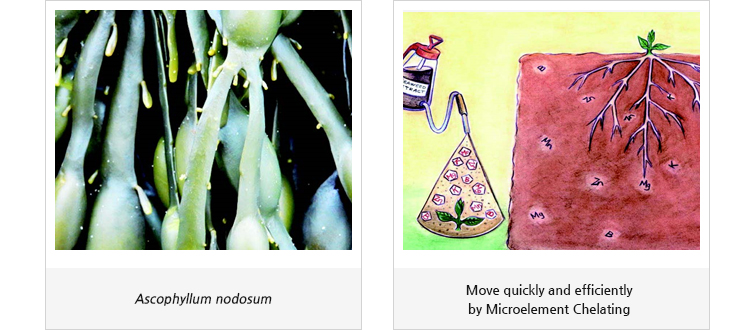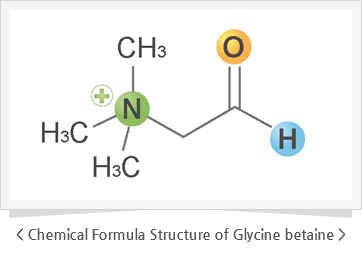-
- About Odus
- Vision
- Overseas cooperation
- Quality control
- Location
-
- Contact us
- Contact us
-
- Odus News
- Odus News
- Newsletter
 History of Seaweed Extract and Type
History of Seaweed Extract and TypeSeaweed Extracts are one of the most used raw materials for Bio-stimulants in the world. Globally discovered marine algae has been reported in about 10,000 species, 6,500 species of red algae, 2,500 of brown algae and 1,000 of green algae. The most commonly used in agriculture is brown algae. There are many differences in the seaweed to be used depending on the region. Most types of seaweed used in agriculture are:
![]() Ascophyllum nodosum North Atlantic
Ascophyllum nodosum North Atlantic
![]() Ecklonia maxima South Coast
Ecklonia maxima South Coast
![]() Laminaria japonica China and the North Pacific Coast
Laminaria japonica China and the North Pacific Coast
![]() Durvillaea antarctica Tasmania island in Australia
Durvillaea antarctica Tasmania island in Australia
Seaweed Extracts have been used to improve the soil and promote the growth of crops. Starting from the 1950s a variety of products began to be introduced in agriculture and horticulture. Seaweed extracts contain a variety of nutrients. By chelating it increases the utilization of mineral nutrients which improves the soil structure and provides a significant effect on the growth of the roots.
 Main Benefits of the Seaweed Extract as Bio-stimulant
Main Benefits of the Seaweed Extract as Bio-stimulant
![]() Increase of chlorophyll content
Increase of chlorophyll content
![]() Promotes the harvest (Cytokinin effect)
Promotes the harvest (Cytokinin effect)
![]() Helps prevent crop stress (cold weather, low temperature, moisture, salts failure) promote resistance
Helps prevent crop stress (cold weather, low temperature, moisture, salts failure) promote resistance
(such as self-acquired resistance)
![]() Promotes absorption of inorganic substances from soil
Promotes absorption of inorganic substances from soil
![]() Promotes the growth of soil microorganisms and density suppression of soil pests
Promotes the growth of soil microorganisms and density suppression of soil pests
 Ascophyllum nodosum
Ascophyllum nodosumAscophyllumnodosum has been referred to as the nutrients to be used for crops among the various seaweed extracts, especially in the cold harsh coast of the North Atlantic. It contains a diverse array of nutrients.

In addition, Ascophyllum nodosum as a bio-stimulant helps seeds as an active agent of the crop, crop growth, ignition, increasing pulp and also helps increase the retention period after harvest of the crop.
 Betaine
Betaine
Betaine is on the important nutrient in Seaweed Extracts. It is present in the form of glycine betaine.
 Main benefits of Betaine
Main benefits of Betaine
![]() Osmotic pressure
Osmotic pressure
![]() To promote resistance from cold weather and low-temperature failure
To promote resistance from cold weather and low-temperature failure
![]() Improvement of the harvest and quality (to improve plant resistance)
Improvement of the harvest and quality (to improve plant resistance)